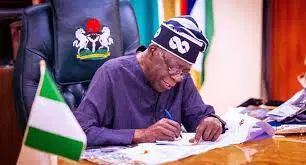Nigeria’s government is under pressure to expand its tax base, and the spotlight is now on religious institutions. Economist Daramola Omoyele argues that churches, mosques and temples should be brought into the tax net to promote fairness and boost government revenue.
Religious leaders often enjoy lavish lifestyles funded by untaxed donations, while ordinary citizens bear the brunt of taxes. Including religious bodies would level the playing field.
Billions of naira flow through churches and mosques daily, yet remain untaxed. Capturing this income could fund critical infrastructure and social services.
Taxation would require religious organizations to disclose finances, curbing potential misuse of funds and enhancing transparency.
have long been tax-exempt globally, a practice rooted in constitutional protections of religious freedom.
Taxing faith-based organizations could alienate communities and spark resistance, especially if citizens feel the burden of taxation is already inequitable.
Finance Minister Wale Edun has hinted at a review of tax exemptions but emphasizes a cautious approach. “We are exploring ways to broaden the tax base, but we must ensure fairness and avoid overburdening vulnerable groups.”
A more inclusive tax system may improve public trust in government and reduce wealth disparities.
legislation would be required to define taxable activities and protect religious autonomy.
While the proposal faces resistance, it underscores a broader push for fiscal reform in Nigeria. Balancing religious freedom with civic responsibility remains the key challenge as policymakers navigate this contentious issue.








